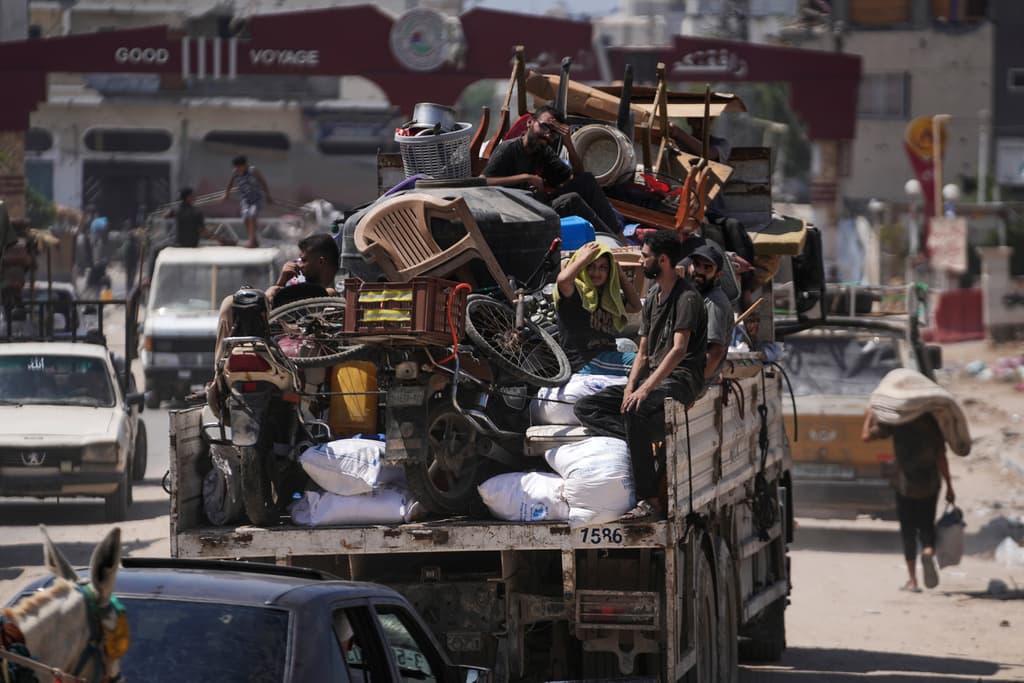The goal of the mediators' meetings in Qatar's capital Doha last week and Egypt's capital Cairo this week can be simply summarized: hope of reaching a ceasefire in Gaza.
But despite the clear goal, the mission is far from simple. Representatives and mediators from different countries have been shuttling back and forth to the region in the hope of reaching an agreement. And even for those who work daily to try to understand what is happening during the negotiations, it is difficult.
I, as an analyst, feel like I'm sitting with a puzzle where I have 20 percent of the pieces, says Anders Persson, Middle East expert at Linnaeus University.
It's very difficult to get a correct picture of what's happening, he continues.
New Demands
One of the reasons he sees why it's difficult to reach an agreement on a ceasefire is that much of what is said and done is constantly changing.
Israel has made new demands. Among other things, they want to keep troops in two places in Gaza, they don't want Hamas to return to northern Gaza, and they want more living hostages released in an early stage. These are new demands that make Hamas furious, says Anders Persson.
If you then look from Hamas' perspective, I'm not even sure that their purpose with the attack on October 7 was to get a ceasefire.
I see it as Hamas still wanting a major war in the region and hoping that Hezbollah and Iran will be drawn into it.
Increased Tensions
Tensions in the region increased further at the end of July when Hamas' political leader Ismail Haniya and the Iran-backed Shia militia Hezbollah's commander Fuad Shukr were killed.
This made both Iran and its allies in the region, including Hezbollah, see red and vow revenge against Israel. So far, that revenge has not materialized. Analysts believe they have been waiting for the ceasefire talks to come to fruition and that such an agreement would make a response unnecessary.
But Anders Persson does not believe that the ongoing talks will lead to a ceasefire.
The reason it hasn't worked out so far is that one side's maximum bid is higher than the other side's minimum bid. Therefore, they have not met.
It's the same as if you and I were negotiating a condominium. I offer you two million and you want three, so we can never meet.
The Islamist extremist group Hamas attacked Israel on Saturday morning, October 7, last year. Around 1,150 people are estimated to have fallen victim to the terrorist attack, most of them civilians, and over 200 people were taken hostage.
Israel responded by declaring war and has besieged Gaza, bombed the strip continuously, and entered with ground forces with the stated aim of eliminating Hamas.
According to Hamas-controlled authorities, more than 40,000 people have been killed in Israeli attacks in Gaza since the outbreak of war. Large parts of the area's buildings have been leveled and aid organizations are warning of severe famine.
More than 100 people are still being held hostage in Gaza, according to Israel, since about the same number were released in exchanges and a few more were rescued. Many of those remaining are feared to no longer be alive.






